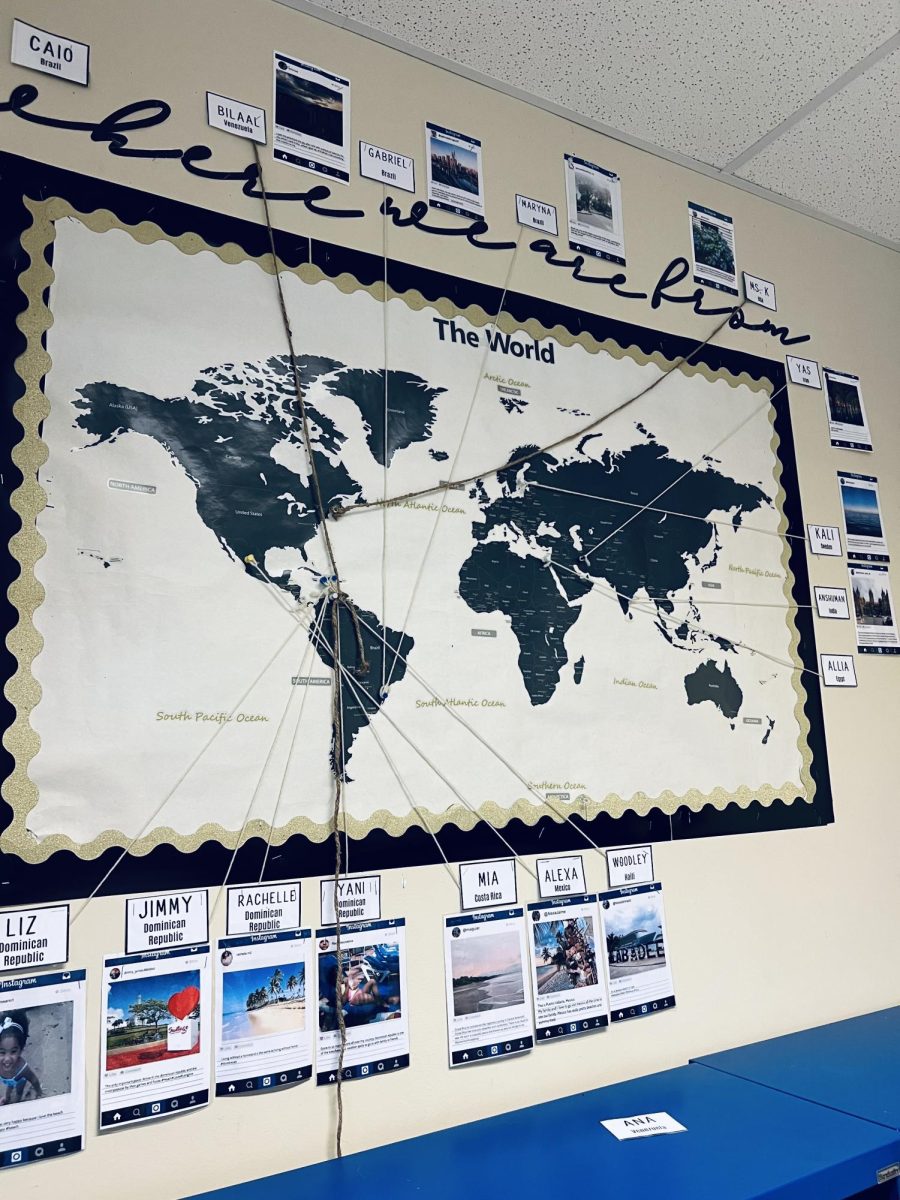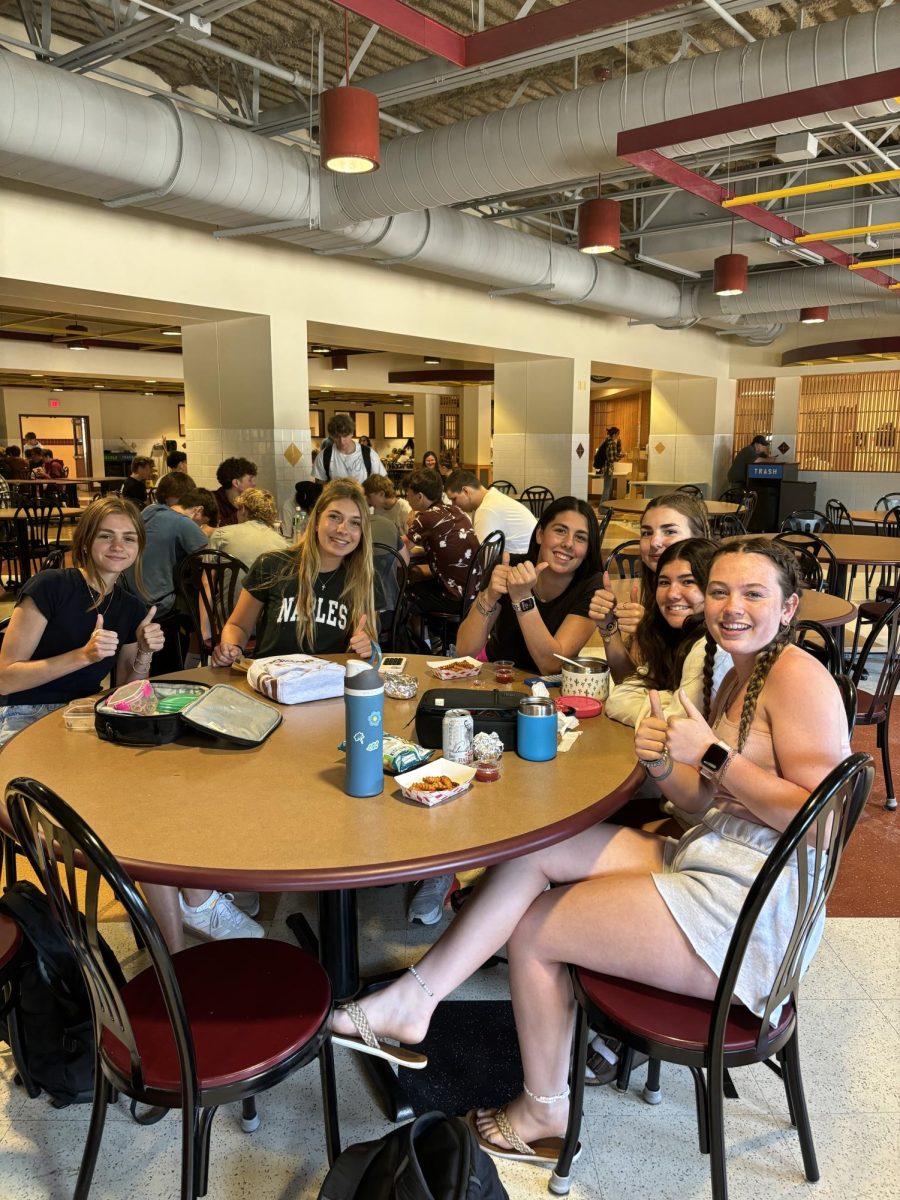ESOL means “English Speakers of Other Languages” and is a program designed specifically to help non-native English speakers improve their English language skills.
ESOL programs are typically offered in schools, community centers, and adult education centers.
The ESOL program at Portsmouth High School offers classes at different levels, from beginner to advanced, to accommodate students with varying proficiency levels. Classes cover topics such as grammar, vocabulary, pronunciation, fun dynamics and especially conversation practice.
The goals of an ESOL program may vary, but they generally include English language proficiency skills. The program helps students develop their speaking, listening, reading and writing, communication skills, all which help promote effective communication skills in English for everyday situations such as work and academic environments.
ESOL also helps students with cultural integration, understanding cultural norms and expectations, and even employment opportunities.
As a current student of the PHS ESOL program, the experience of moving to a non-native speaking country was not easy. Everyday difficulties can often make you unmotivated; and moving schools, and countries, requires a lot of effort and emotional stability.
I have faced, and still face, many challenges affecting confidence, social interactions, and sense of belonging in the classroom and in the community. Have you ever imagined yourself in an environment trying to communicate and not being able to, or in a classroom where no one speaks your language?
I have faced many challenges as an ESOL student. I was born in Portsmouth, but grew up in Brazil and my first language is Portuguese.
A common challenge is the language barrier. ESOL students may struggle to understand and communicate in English, which can hinder their ability to participate in class, complete assignments and interact with peers.
Another feared challenge for ESOL students is cultural adjustment.
According to the World TESOL Academy website, a new culture and social norms can be daunting for students, especially if they come from very different cultural backgrounds.
Self-confidence is another common problem when learning a new language, and students can have difficulties with self-confidence, as I did and still do. With the help of the PHS ESOL program, I have been doing well in breaking this barrier, especially with public speaking. Make mistakes. It is okay to make a mistake as it is part of the process.
Despite these challenges, most international students demonstrate resilience, determination and a strong desire to learn and succeed. With the support of teachers, peers, and community resources, together we can overcome these obstacles and make significant progress in your English language proficiency and academic success.
ESOL programs play a crucial role in helping non-native English speakers integrate into English-speaking communities, pursue educational and career opportunities, and participate fully in society.
How can you help an ESOL student? Have empathy! English speaking students can help foreign students by offering encouragement and motivation to ESOL students as they work to improve their English proficiency. Positive reinforcement and support can go a long way to helping us ESOL students stay motivated and engaged in our language learning journey.





